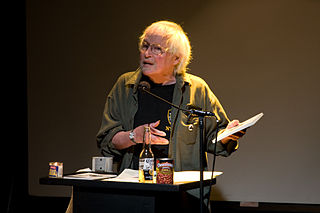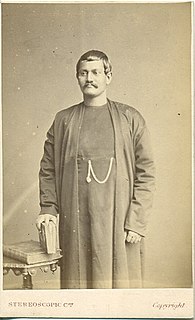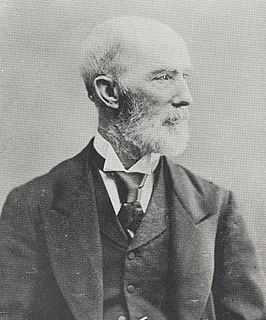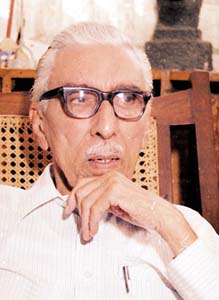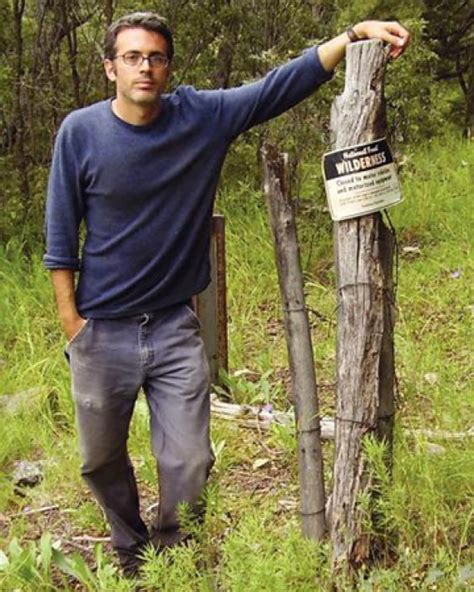A Quote by Edwin Percy Whipple
Related Quotes
There is a fluency and an ease with which true mastery and expertise always expresses itself, whether it be in writing, whether it be in a mathematical proof, whether it be in a dance that you see on stage, really in every domain. But I think the question is, you know, where does that fluency and mastery come from?





